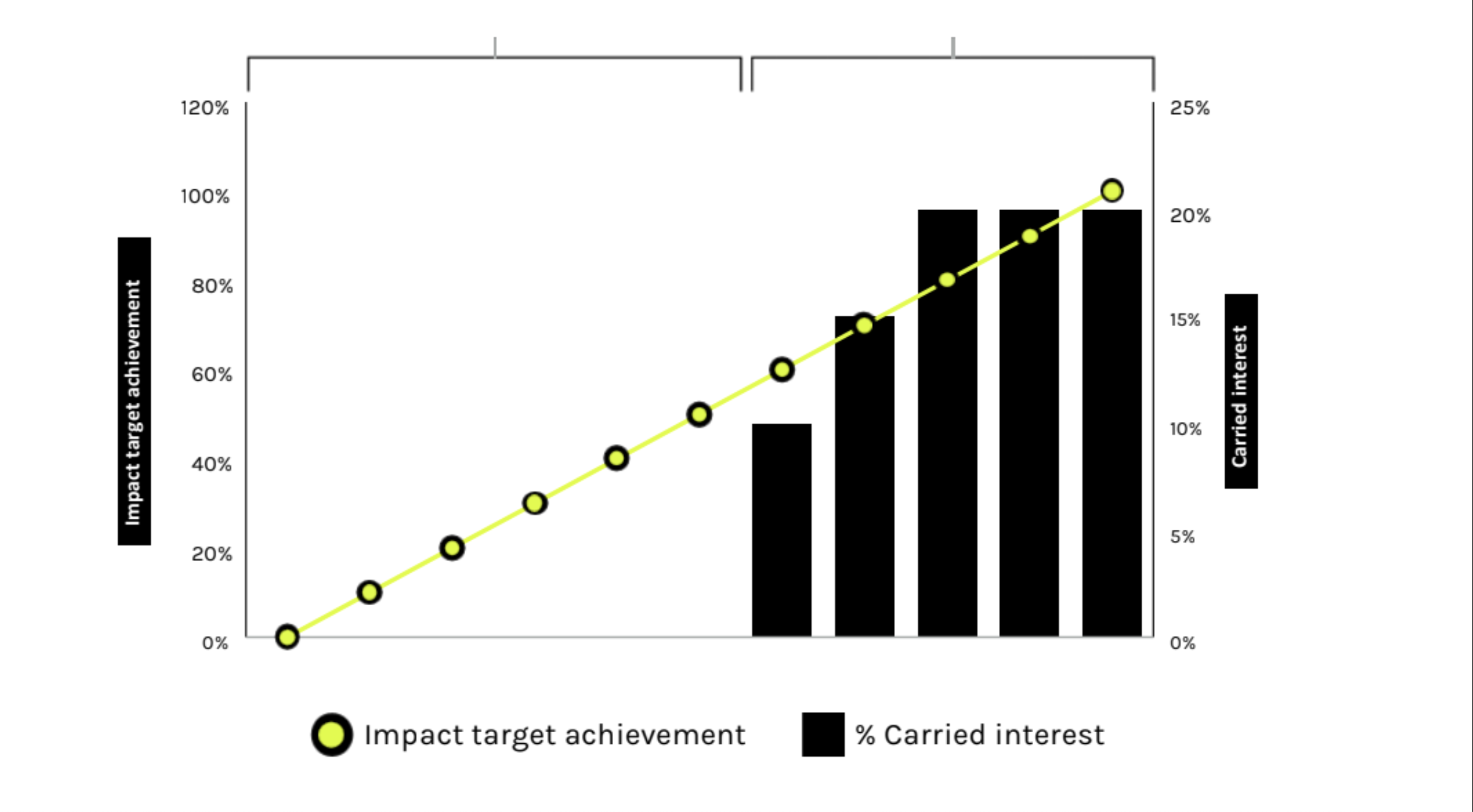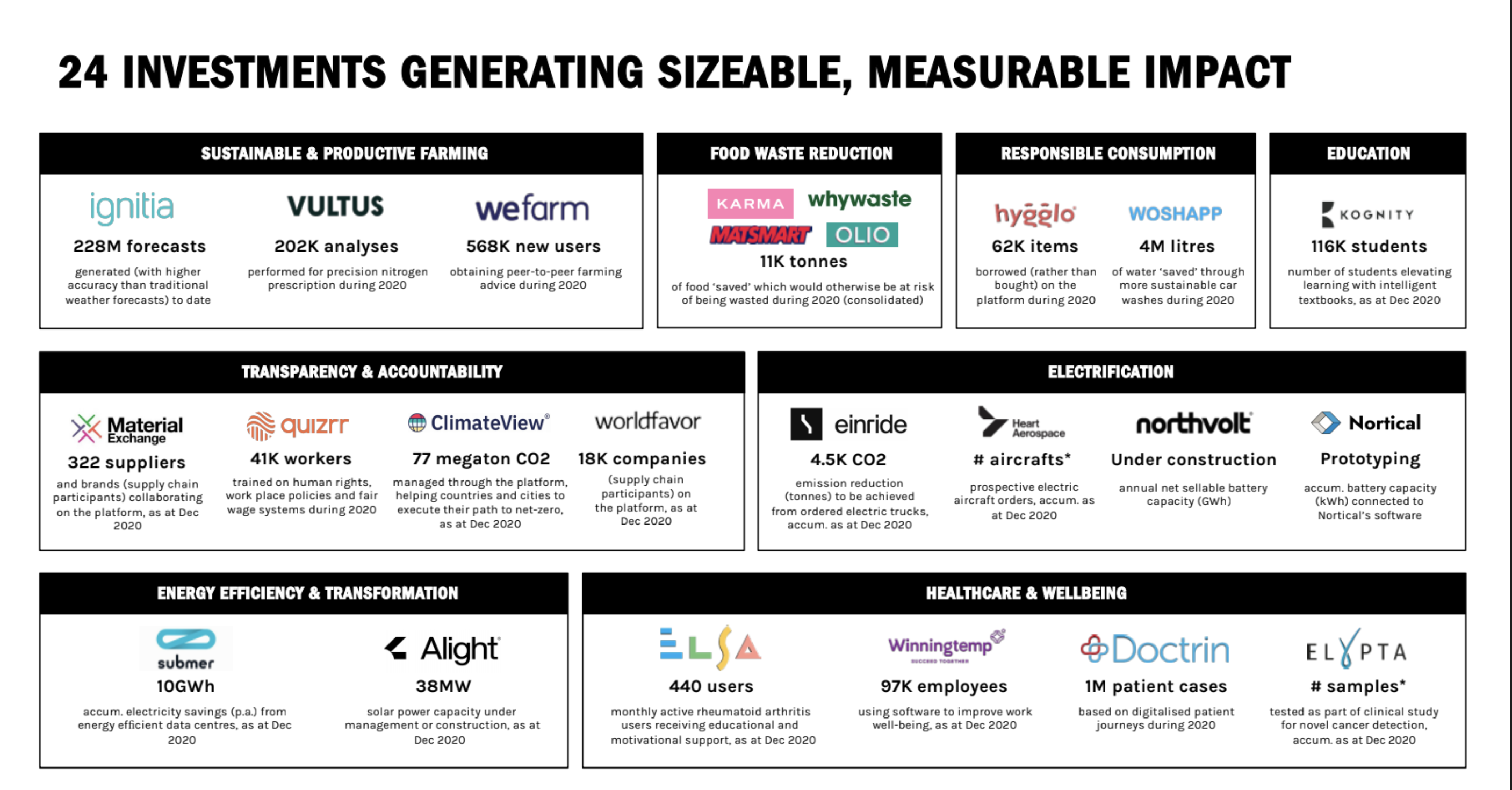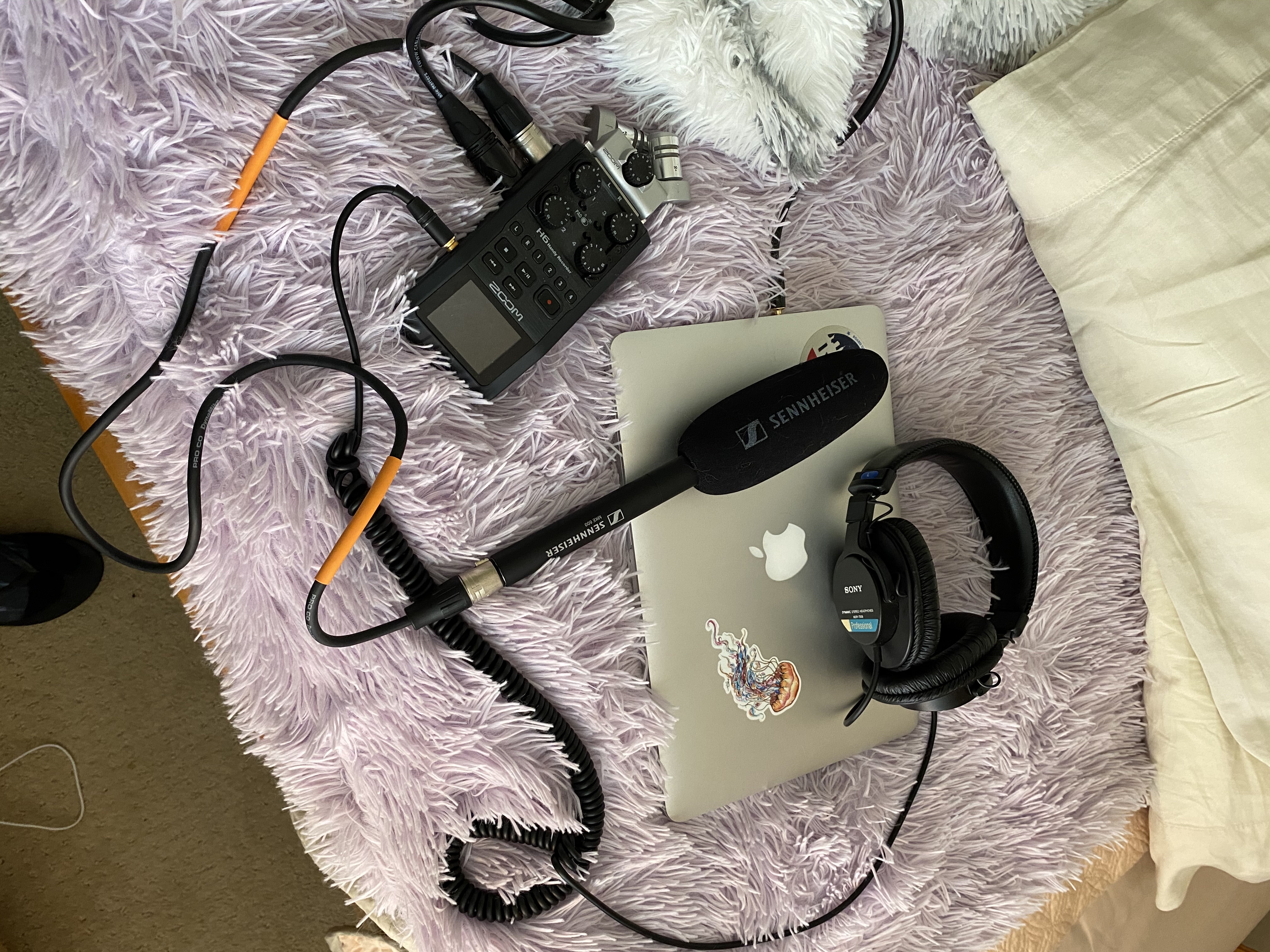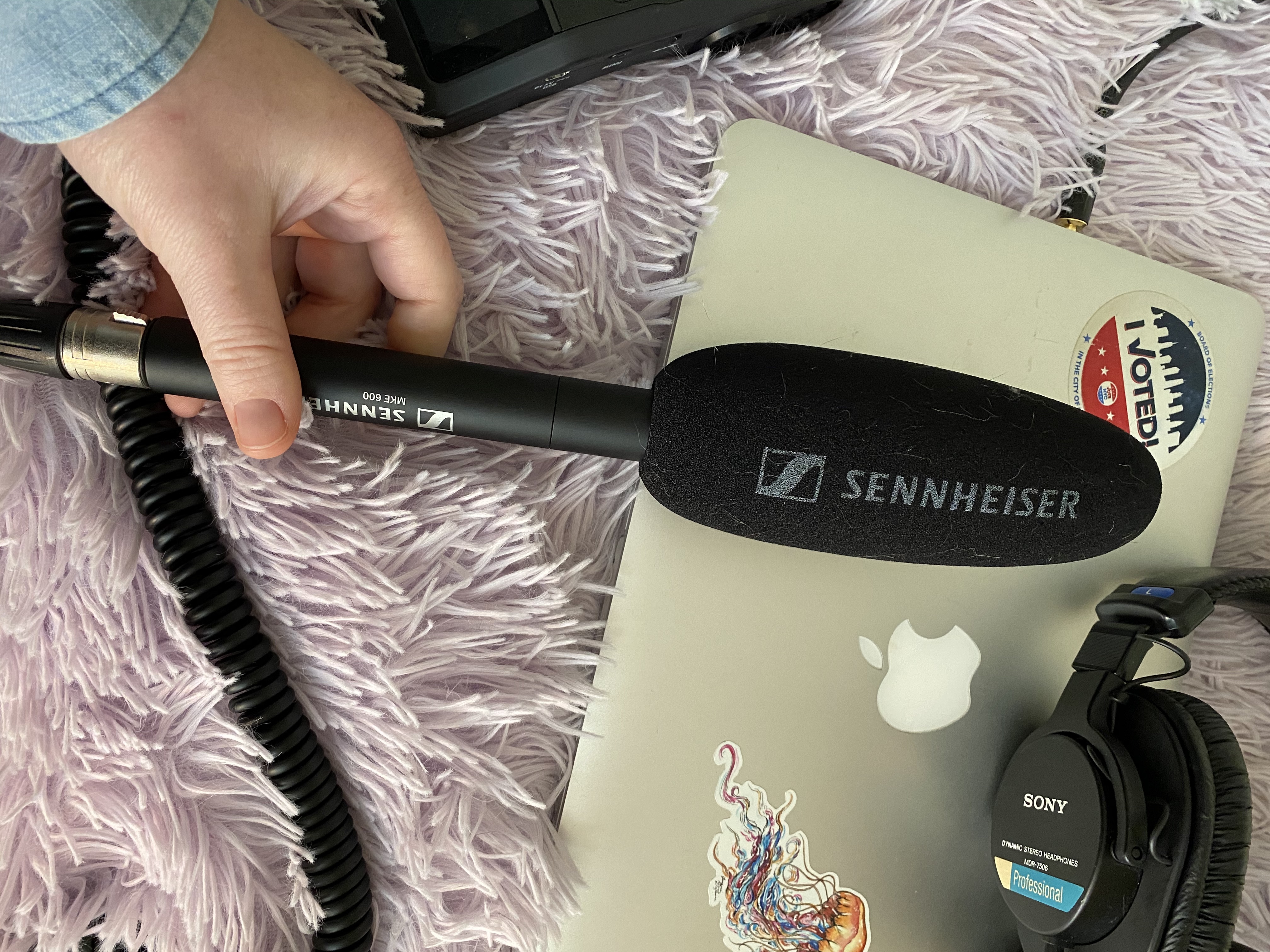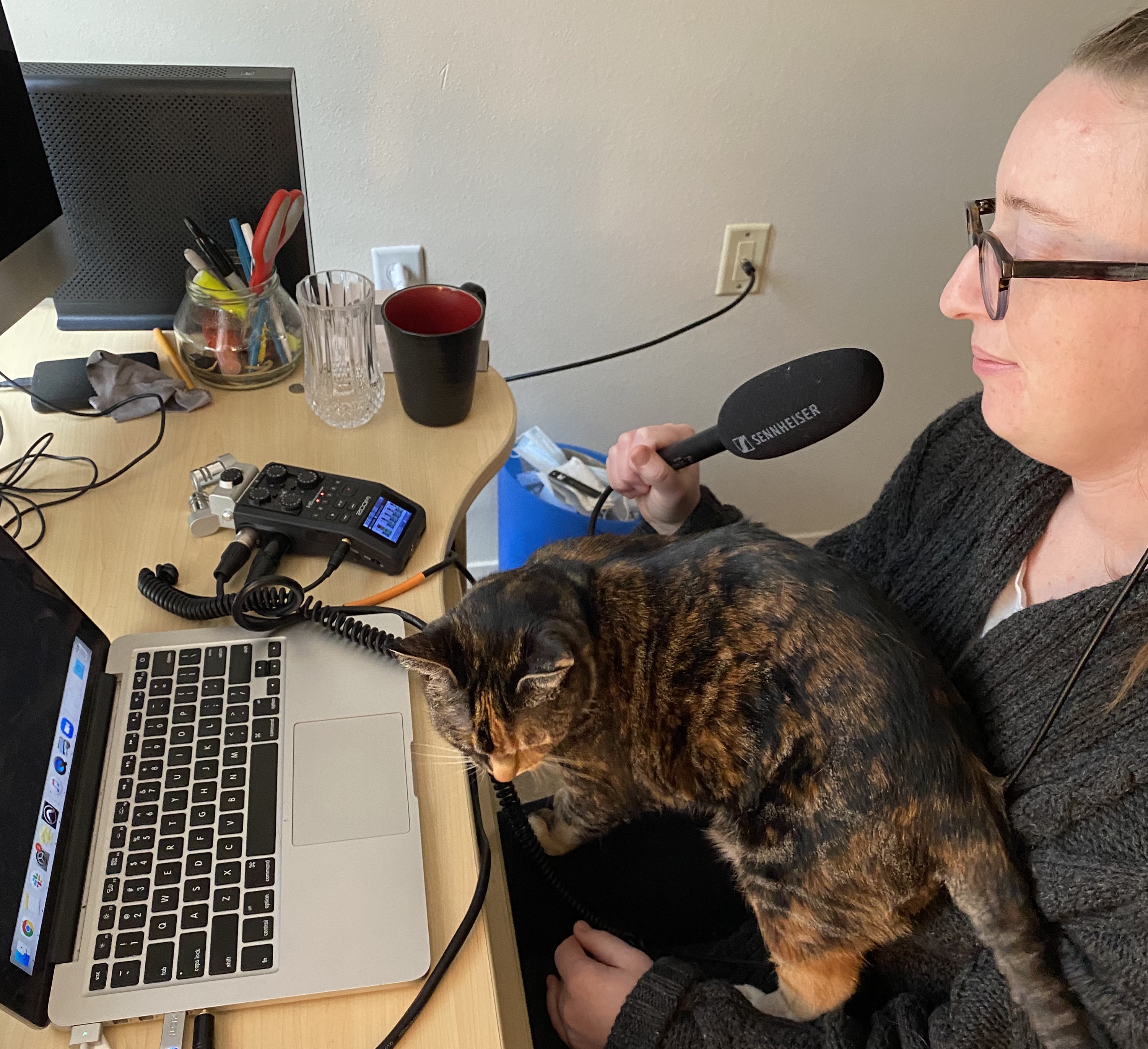Cazoo, the UK used-car sales portal that has been on a major fundraising tear in the last year, will be next company to pursue more growth by way of a SPAC: the company today announced that it will list on the NYSE by way of a business combination with AJAX I, a special purpose acquisition vehicle founded by hedge fund supremo Dan Och in partnership with Glenn Fuhrman and others.
The deal values Cazoo at $7 billion and will also include an extra $1.6 billion in new financing: $805 million cash from AJAX I itself and an $800 million PIPE led by the AJAX sponsors and D1 Capital Partners, with Altimeter, BlackRock, Counterpoint Global (Morgan Stanley), Fidelity Management, Marcho Partners, Mubadala Capital, Pelham Capital, Senator Investment Group and Spruce House Partnership also participating, a mix of previous and new Cazoo investors. The deal has already been approved by the boards of Cazoo and AJAX I.
The company plans to use the proceeds of this to continue expanding across Europe after a bumper year. It said it saw sales grow by over 300% and is on track for 2021 revenues to approach $1 billion, with an ARR of $600 million in the first quarter.
Cazoo’s deal is a clear marker of how ubiquitous SPACs have become as an option for scaling, privately-held companies with a lot of money already on their cap tables to take the next step short of a full IPO on their own steam — a lengthy process that might not fit their financials or time constraints — or getting acquired.
It shows some leverage on the part of investors to bring in their own financing and strategic control to direct the companies as more than just financial backers, and indeed Dan Ochs will be joining Cazoo’s board. But also represents another way for them to get in on what appear to be strong businesses in the long term, at a time when technology continues to be a huge business opportunity.
In the case of Cazoo, the company has been in the right place at the right time, it seems. In a year where people stayed away from in-person shopping in the the UK, it sold and delivered 20,000 cars. It plans to expand both that sales portal and other businesses lines, such as a car subscription service it runs, which currently has 6,000+ subscribers in the UK, Germany and France. The company was founded in 2018 and in the midst of the pandemic last year raised $427 million in funding, first $116 million in March 2020 and then a further $311 million in October. The latter round valued Cazoo at just over $2.5 billion, meaning that this latest SPAC represents a big price hike.
“This announcement is another major milestone in our continued drive to transform the way people buy cars across Europe,” said Alex Chesterman OBE, Cazoo’s founder and CEO in a statement. “We have created the most comprehensive and fully integrated offering in the largest retail sector which currently has very low digital penetration. This deal will provide us with almost $1 billion of further funds to fuel our growth and I am delighted to be partnering with Dan and his team at AJAX to rapidly expand and deliver the best car buying experience to consumers across Europe.”
Chesterman — who already had a high profile before founding Cazoo (he had also founded LoveFilm, acquired by Amazon and used as the first step in its move into building its Netflix competitor, Amazon Prime Video; and the property sales site Zoopla) — will remain CEO of the company.
More to come.


